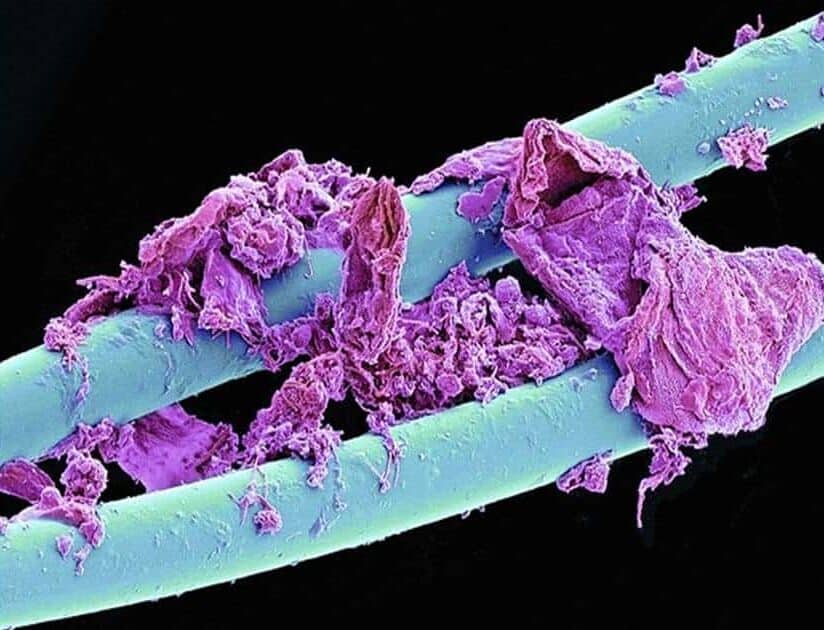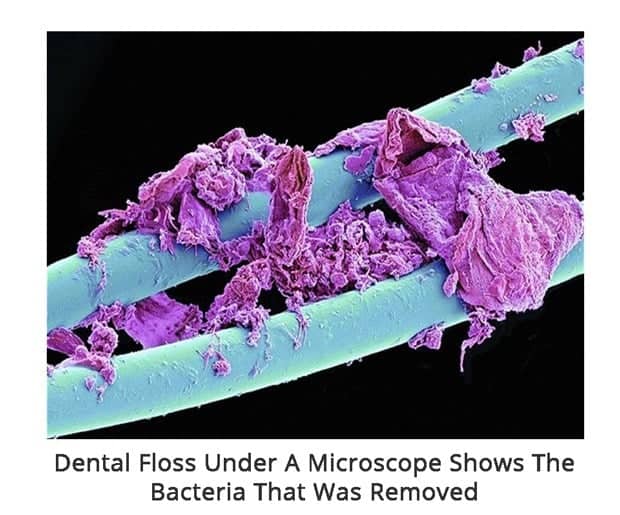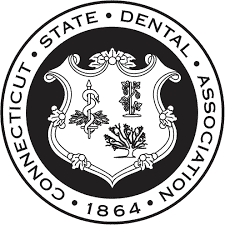Dental Reasons for Bad Breath


I’ve been a dentist in Farmington, CT for over 20 years and one thing I get asked about a lot is bad breath. Patients are often wondering if what is going on their mouth is causing a bad odor or halitosis.
First, let’s face it, every now and then we all have it... The good thing is that for most of us it’s usually temporary. Temporary halitosis can often be contributed to something that was eaten. When halitosis becomes persistent and chronic it can be embarrassing and can cause anxiety. Sometimes people know they have it and sometimes they don’t. I’m not quite sure which one is worse!
How can someone not know if they have bad breath? The answer has to do with something called “adaptation.” In a nutshell, your nose gets tired of smelling your own smell, so it becomes impossible to detect your own bad breath. It’s also called olfactory fatigue or noseblindness. Often, you get news of the need to freshen your breath via the gentle (or sometimes not so gentle) nudge from your partner, a good friend, or your colleague.
If you listen to advertisements, you will hear the makers of mouthwash, mints, and gums marketing products that they say freshen the breath. These are masking techniques. If you had a meal with a lot of garlic and onions and you need to cover bad breath temporarily, these can certainly work. If there is another reason for the bad breath, masking techniques will not help solve the problem, they will just mask the symptom. To really conquer halitosis, you need to get to the source of the problem … and address it.
If the bad breath you're experiencing is not from something you ate and it's persistent, it could be coming from a few different sources. First, the source could be from the sinuses, either from chronic sinusitis or an illness. Anyone who has had a bad cold and experienced an awful taste in the mouth, should be able to relate to this. Secondly, the source could be coming from the stomach. People who experience gastric reflux will often report a bad taste in the mouth because of the stomach acids coming up through the esophagus.
Finally, halitosis could be because of something going on in the mouth.
Top Dental Reasons for Bad Breath:
- Periodontal Disease (aka “Gum Disease’) – Did you know that dental professionals can often tell if someone has untreated periodontal disease simply based on how their breath smells while talking to them? It’s true! “Perio breath” is a common phrase you will hear when hygienists, assistants and dentists talk amongst themselves. The bacteria that cause periodontal disease are mostly anaerobic bacteria (“anaerobic” means that the bacteria can’t live in oxygen). Have you ever flossed and noticed that the floss smells awful? That’s because the floss introduced oxygen into the area where the anaerobic bacteria were living. That’s bacterial death that you’re smelling. Plus, that’s what your breath would smell like if you just let that bacteria fester in there. Since periodontal disease is a progression, there’s different treatments for it’s different stages. Gingivitis is the earliest stage (and… good news… gingivitis is completely reversible). In it’s later stages, however, periodontal disease can require extra cleanings, antibiotics and other adjunct modalities. At our office we screen for periodontal disease regularly because habits and circumstances can change throughout life. Don't make the mistake of thinking that the health of your gums isn't affecting the rest of your body. It's all connected!

- Residual Food, Plaque Buildup, and Calculus (“Tartar”) Buildup – – It’s unpleasant to think about, but food particles that are left in your teeth will begin to ferment and contribute to bad breath. As mentioned in the periodontal disease section, the bacteria living around the teeth in the gums are anaerobic which means they live in an area without oxygen. Plaque is a combination of food and bacterial debris that remains in the mouth. Calculus is when plaque hardens in the mouth. Plaque can be removed with a toothbrush and floss. Tartar can only be removed with special instruments by your dental hygienist. When not removed, plaque and calculus are a breeding ground for bacteria and the more that’s present the worse one’s breath can be. The cleaner you can get your mouth the better the chance you have for having fresh breath.
- Dry Mouth – Saliva neutralizes and washes away bacteria. If your mouth is dry bacteria can grow very quickly. Dry mouth can occur as a result of medications you are taking, can occur as a result of head and neck radiation and dry mouth can also occur if you have certain other conditions going on in your body such as Sjogren’s Syndrome. Other reasons for dry mouth include if you are a mouth breather, if you have snoring or sleep apnea, or if you have consumed alcohol. If you have dry mouth, your best strategy is to drink lots of water and keep your body hydrated. If you need to use a masking technique, we suggest sugar-free mints or gum that contains xylitol. Our favorite xylitol products are made by Epic Dental.
- Smoking – We all know that smoking is bad for the lungs but it also is bad for the mouth. Smoking increases the risk for oral cancer and smoking leaves a stinky, smelly microscopic residue trapped in your tongue. Do you really need another reason to stop smoking?
- Nail Biting – Hands are dirty! Placing dirty hands into the mouth adds to your mouth’s bacteria load.
- Denture Odor – If dentures are not cleaned daily they can become a harbor for bacteria. Remove dentures at night and clean them thoroughly every day.
If you reviewed the list above and suspect that you may have bad breath, occasional or otherwise, here are the steps you can take:
1. Make sure you are up to date with your dental check ups. A regular, professional cleaning is essential to keeping gum disease at bay and for keeping your breath it’s freshest.
2. Ensure your home care routine is top notch to remove plaque bacteria and decaying food residue. Brush at least twice a day and floss once a day. Replace your toothbrush every 3-6 months and always replace your toothbrush after you have been sick.

3. Don’t use tobacco products of any kind.
4. Drink lots of water.
5. Cut back on certain foods like allium vegetables (onions, garlic, leeks, scallions, shallots) and spices.
5. Be aware of good personal hygiene when battling infections or viruses that affect the nose, sinuses, or throat. Try a nasal wash or gargle with warm saltwater. Be sure to blow your nose often and try to avoid sniffing. Also, don’t forget to change your toothbrush if you have been sick.
6. If you have frequent heartburn or are constantly burping or clearing your throat you should be screened for GERD (gastroesophogeal reflux disease) by a physician. The stomach acids may not only be causing heartburn and bad breath. The stomach acids can also destroy teeth and can lead to holes in the esophagus.
Did you know that about 30% of people fear they have bad breath? Are you one? Don’t let bad breath continue to impact your relationships and quality of life ... and please don’t be embarrassed. My team and I at Farmington Village Dental are here to help.
Are you looking for a dentist in Farmington, CT? We are accepting new patients and we look forward to meeting you soon! Call us today at 860-676-2288.



